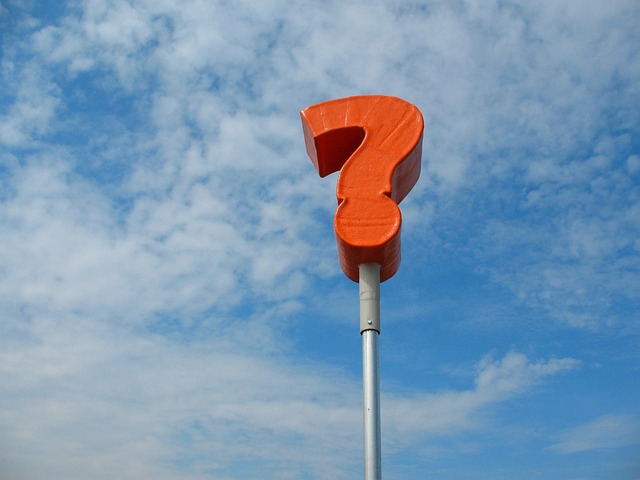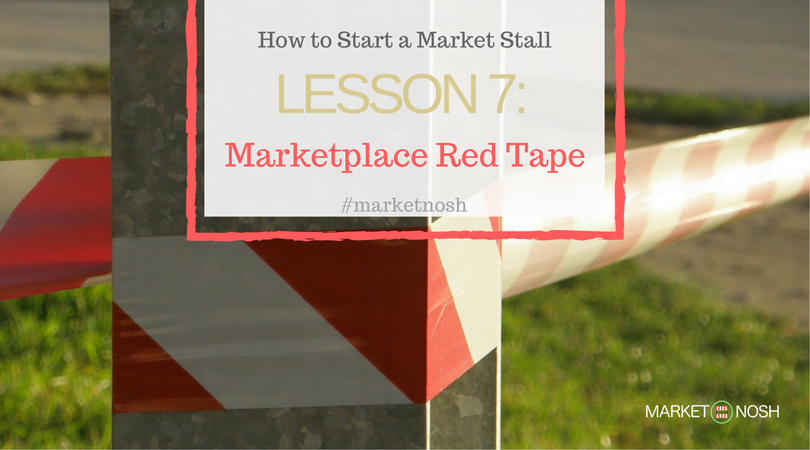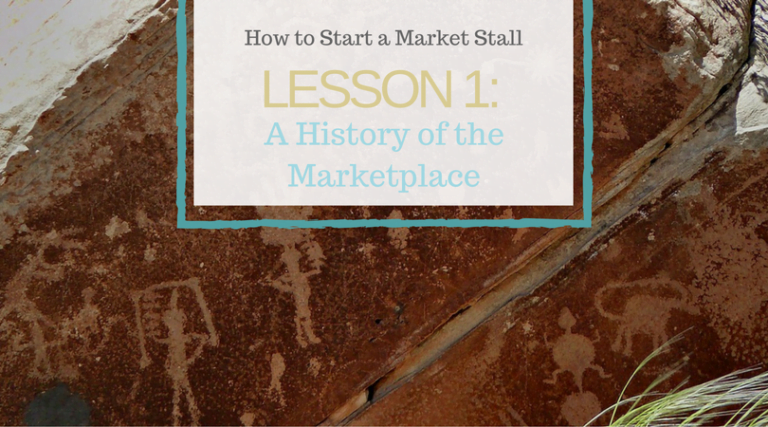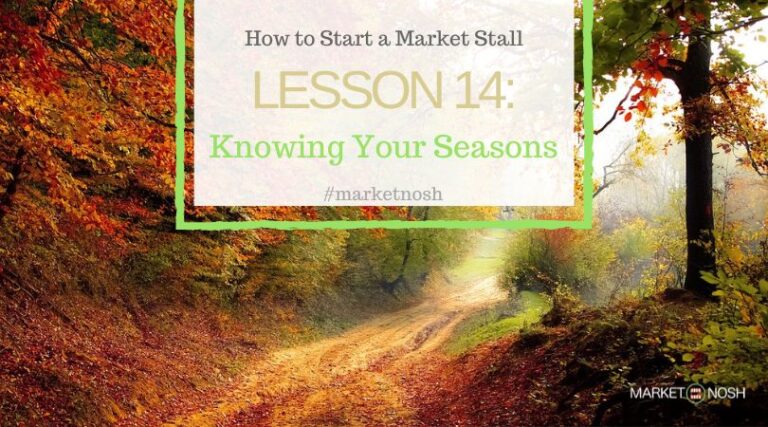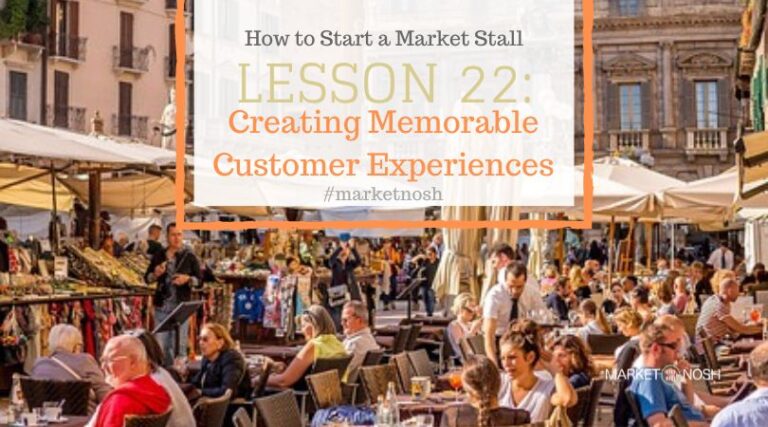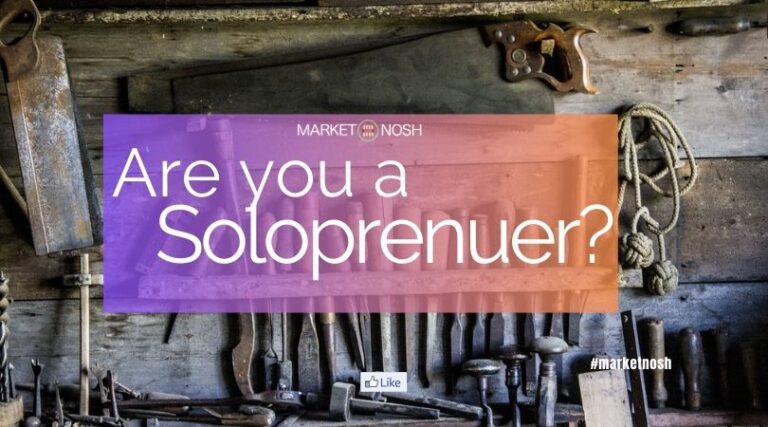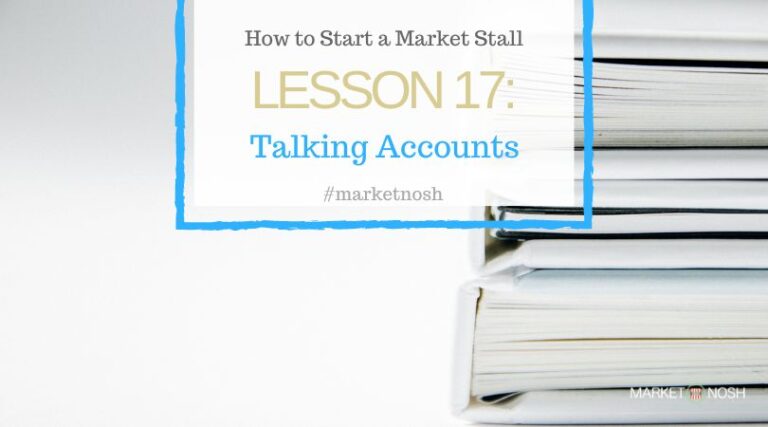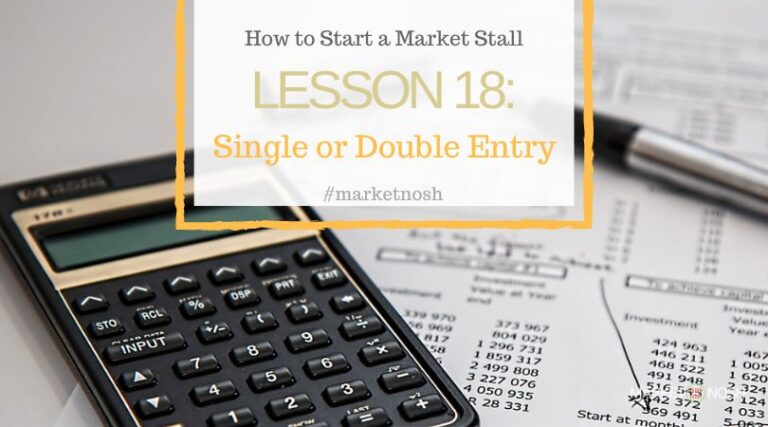Lesson 7: Marketplace Red Tape
Every business owner has red tape to deal with. Every person in the world has to deal with bureaucracy. The Market Stall Trader is no different.
How you approach and deal with marketplace red tape will certainly make your life a lot easier when it comes to the law and the general rules from marketplace management.
In this lesson we are going to be looking at some of the requirements needed to run a market stall, licensing, the public and the Marketplace itself.
The Law
The chorus made famous by The Clash, originally by The Bobby Fuller Four goes,
I fought the law and the law won!
The Clash (1979)
Bear in mind that at a market you are dealing with the public. Not respecting this very important aspect will land you and your business in a very tricky situation.
Let’s take the obvious first.

Stolen/Counterfeit/Copied/Illegal Goods
It goes without saying, this is probably not going to be in your best interest and for a blog such as this you are probably seeking a more honest approach to work.
However, this is included to ensure you know where your products are coming from when you place orders and buy from bulk suppliers. Make sure you are using legitimate businesses. Know your suppliers and you’ll be better informed to pass that information onto customers asking questions about origin.
It’s your business name on that banner. Your good name being used, you are entitled to know where your produce and products originate from.
Electrical Goods
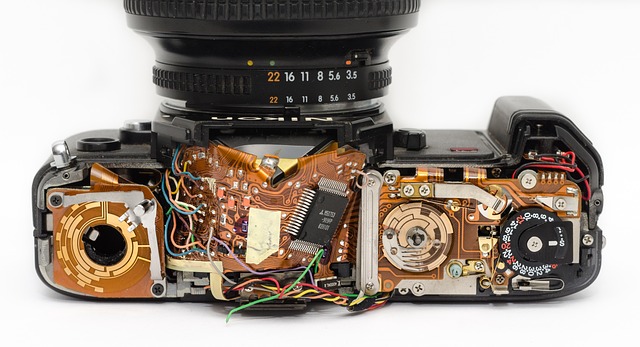
Electrical goods carries a serious penalty if selling equipment which is both counterfeit or unchecked by the standards laid out. Know the law!
If you are going to bulk, buy from one country and sell in another, make sure you ask about compliance certificates for your order. You may not realise that one item in one country may be illegal in another.
Equally, electrical products have the potential to kill. A faulty toaster wired incorrectly may result in more than a shock. A television can still give serious electrical burns after it has been turned off. Child safe appliances are important for all concerned.
Laws are in place for a reason and for the safety of the public. What we each understand or take as common knowledge may not apply to the next person. Safety must be observed in regards to electrical goods.
If you intend on selling second-hand electrical goods, the law again is clear – You must check the product is safe and untampered with or clear it is sold without a certificate and not for use.
It must be made clear at the point of sale secondhand products are used at the customers risk. That it is unchecked and should be checked by an authorised person before use. (Even sell it with a warning sticker attached!)
Food Products
Common issues around food sales are the requirements to have a licence to sell ‘cooked’ or manufactured products which are homemade.
There is a small requirement and the outlay is not great, but if you are selling food to the public you are responsible for their welfare.
The main certificates relate to food hygiene and a health and safety inspector can close your stall down and take all your stock if you are not complying with the recommended standards, AND for good reason.
The risk of a small tummy bug may be one thing, but that tummy bug may end up being something more sinister like E. coli and the ramifications are that you may kill someone by incorrectly preparing or storing your food.
Each country has its own laws regarding how food should be handled and it is good practise to find out about it. It may only be a short day course and then you are off but the benefits will be ‘life saving’ to your customers.
You might also like to read… The Experience Matters More than Price.
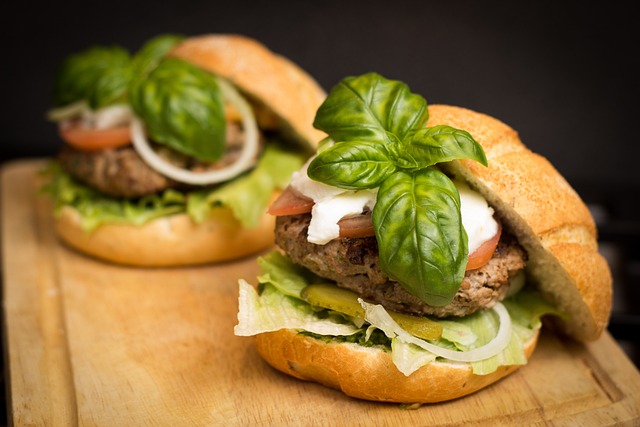
Beauty Products
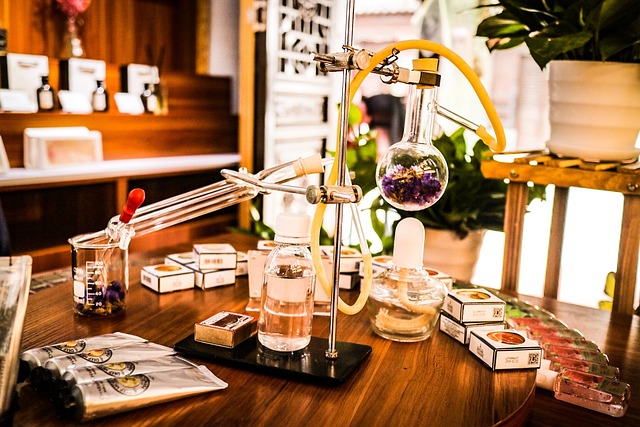
A lot of markets sell beauty products, soaps and fragrances. This area of trading deals with a product being placed on a part of the person’s body and so must also be subject to a rigorous health warnings.
Untested products can result in serious burns to the skin, loss of eyesight, difficulty breathing allergies and many more, because our skin is porous. What we put on it affects our whole body.
If you are selling a product that has the potential to cause or inflame a health condition, ensure you make the customer aware of it.
What ingredients you use in a product must be clearly displayed, so that customers can make informed decisions about their purchases too.
Take a course, visit someone who already is working with similar products to you and find out what they did to be compliant.
If you are buying in bulk from an oversees supplier, make sure that all health certificates are in place and that the products have been tested in line with the rules of your own country. There are no excuses and it is your business and reputation on the line.
Herbs
The area of the law which relates to what is a legal herb or illegal herb is always changing. One moment there is a law which says natural highs are fine and the next the law is very clear that the use of a certain herbs or plant cannot be sold to the public.
Because this area is so volatile, I am only prepared to suggest that you get in touch with your local government office and get the clear advice from them directly. The selling of Tobacco products normally requires a further licence and also increased duty.
Again, the reasons for asserting these laws relates to products that have been sold which have been made from harmful substances which can seriously damage the health of a person. (See The Hazards of Herbal Cigarettes)
Do your research in this area first. Again a quick turn of profit initially, but the long-term damage to your reputation will affect how you are seen within the marketplace.
Pet Sales
Personally, I disagree with pet sales in the marketplace, but since this is an open discussion, there are still countries which allow the sales of pets to the public.
Please NOTE… not all countries allow this and you may lose your pets and be fined if you trade in a marketplace in a country which prohibits this form of selling!
Pets are a comfort in the home, and buying a pet to take home may be something a joyous moment. Why you would not want to see where the pet lives and see the conditions it is brought up in is quite strange to me, but then I am not everyone.
If you are selling pets, you will probably not be located in the marketplace near food stalls for health reasons.
Since your pets require water, make sure you have plenty available, including shelter from the sun and rain. Pet Services may visit your stall often in the course of the day to see how you are dealing with your animals and monitor them to ensure they are not distressed or unwell.
Make sure you find out the policy in your country on the sales of pets long before you arrive.
The selling of pet food and toys is also a matter that must comply with the country laws and codes. Ensure that what you are selling doesn’t contravene any of the laws your country enforces, even if you only think, “Well it is only for an animal!”
Pet owners today are more thoughtful of their companions, and they will ask you many questions about the products you sell, so make sure you have the correct information to hand.

Live Animal Sales
The sale of live animals for food still continues in many countries. Live chicken or live fish and crustaceans like lobster or mussels.
In China and Africa, the sale of live animals for human consumption is normal practise for a marketplace and well within the customs of the local people visiting.
If you are visiting a Farmers market, ensure the correct regulations are followed when selling live animals to the public. This requires a certificate!
You may be asked where your meat comes from and asked to provide a record of how you acquired it. Again this is to ensure quality products are sold to the public, as well as their safety and your integrity. Be prepared!
Other Items

There are plenty of other items to sell at the marketplace, clothing, cookware, and plants to name a few, each with its own dangers to the public. Check with your local government offices first before selling to the general public if the item may be dangerous or unhealthy!
Bulk buying clothing from countries that support child labour is seen as irresponsible today, and cookware that has dangerous metals can slowly poison a person over time. Plants can cause serious illness if touched or eaten and equally should carry a warning if they are sold in a marketplace.
Find out what the legal ramifications are for your product BEFORE you sell it!
The General Rules
Check first!
- Compliance Certificates
- Legal requirements
- Necessary required certificates
- Storage requirements
The Public
The public, your customers, and even fellow traders are all protected under law. They have a right to be safe if they are going to purchase a product, food or item from your stall.
They also have the power to bring lawsuits, close down your stall and business and equally bankrupt you for not keeping them safe.
I know that sounds harsh, but its the truth!
I am sure if you were fed food contaminated with rat faeces you would want to alert the authorities and have the stall closed down. Equally if someone dear to you was seriously injured because of a beauty product they applied to their skin.
The public are your bill payers. They provide the money for you to continue to live the life you want. By causing them pain and suffering, you too will eventually be on the receiving end of that pain and suffering.
Consider your fellow person. If you consider them as someone you care about, your products, licences and compliances will always be up to date!
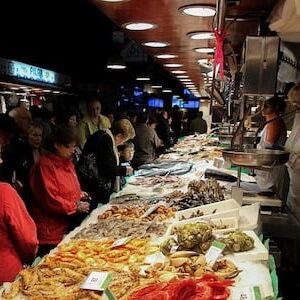
Marketplace Red Tape
Each marketplace has its own rules about how it’s traders must act and what is acceptable within the space they provide.
If it is an organic marketplace, then ensure you bring the proof required, don’t get upset because they wont allow you in without the correct documents.
If you are selling meat and the marketplace owners require you to take your own waste home with you, make sure you are equipped to do so without contaminating your stock.
- In the first instance, see if the marketplace has a website and if they have terms and conditions for trading at their location. CHECK THE DATE ISSUED!
- As is often the case, these documents fall out of date and anything over 6 months to a year old will require you to contact the marketplace directly and ask them to send you the documents.
- Once you have read the documents, call again and ask to discuss your stall with someone in the office and make sure your products are acceptable to that marketplace.
- Ask what documents will be required by the marketplace in order for you to trade!. Nothing worse than turning up on the day and being turned away because you have incorrect documents!
Conclusion
The above seems very long and almost insurmountable, but it isn’t in reality. There are certificates required and laws to abide by. Some may seem petty, but rather sell a product that is certified and safe to your public with a slightly smaller margin, than sell an item which offers a large return but may result in a legal penalty or the injury/death of an innocent person!
It is your stall and you are responsible for what you are selling to the public now. Do a little research online, find some fellow traders and ask what they are required to have to sell.
Quick Quiz
- Why is it important to sell products which have been correctly certified?
- What power does the public have over your Market Stall?
- Why should you contact the Marketplace facilities directly?
